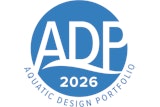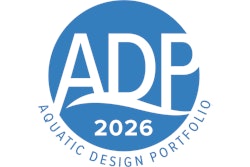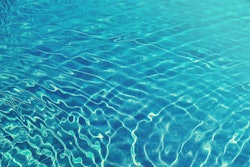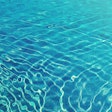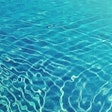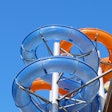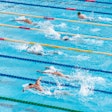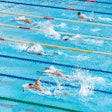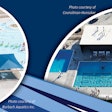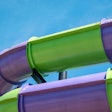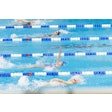A nationwide chlorine shortage precipitated by a number of factors is forcing some public pools in San Diego County to close.
Coronado was the most recent community to shutter its pools until further notice. The community said it has received little to no supply of chlorine to keep either its competition or recreational pools open at the local aquatics center.
“There is a nationwide chlorine shortage and it’s kind of been ongoing, but it’s really hitting home,” Roger Miller, director of Coronado’s Recreation and Golf Services, told the Los Angeles Times.
Coronado uses about 500 to 600 gallons of chlorine to treat an estimated 100,000 gallons of water.
“At this point in time, we cannot keep the water quality where we need it to be so we’ve closed the pools and they will remain closed until we either get a full delivery or we can secure an alternative source of chlorine,” Miller said.
Several YMCA locations in San Diego County have also been forced to close their doors.
The shortage comes just as Oceanside prepared to open the new El Corazon Aquatics Center, the city’s largest aquatics facility.
The Times reports that the main reason for the shortage is tied to a chemical fire that destroyed chlorine manufacturer BioLab’s facility in Louisiana after Hurricane Laura made landfall back in August of last year. BioLab said in May that the company is still producing chlorine tablets while it rebuilds it facility, which is slated to open in 2022.
“Unfortunately, there may be times when retailers do not have adequate supply on the shelves. We are actively working to rebuild our plant that was severely damaged by Hurricane Laura and improving the supply chain during the next 12 months,” BioLab President Jon Viner said in a statement.
The COVID-19 pandemic has also had a hand in the chlorine shortage.
“With the pandemic and everyone being at home, people were using their pools and the higher the heat, the quicker chlorine burns off,” Miller said. “There were also a lot of above-ground pools that were purchased, which require chlorine. And, of course, there’s chlorine and bleach. Bleach products were being used by people that wanted to sanitize surfaces. So there’s just been a tremendous amount of demand.”
Miller said he expects to see additional pool closures and chlorine price increases. This summer, chlorine prices are expected to rise 70 percent compared with last year, according to data firm IHS Markit.
BioLab officials insist that the shortage is temporary, recommending that people use pool chlorinating liquid as a fast and convenient option to keep the recommended chlorine residual of 1 to 4 parts per million in the water, as well as frequent testing and the use of an algaecide to avoid algae growth.
“One gallon of chlorinating liquid is equivalent to dosing your pool with two of the traditional 8-ounce chlorinating tablets,” David Rouse, BioLab vice president of research and development, said in a statement. “Just be sure to use chlorinating liquid intended for pool care, as it contains a higher concentration of the active ingredient, sodium hypochlorite, than common household bleach. You should be able to find these products at mass, DIY and pool retailers.”














